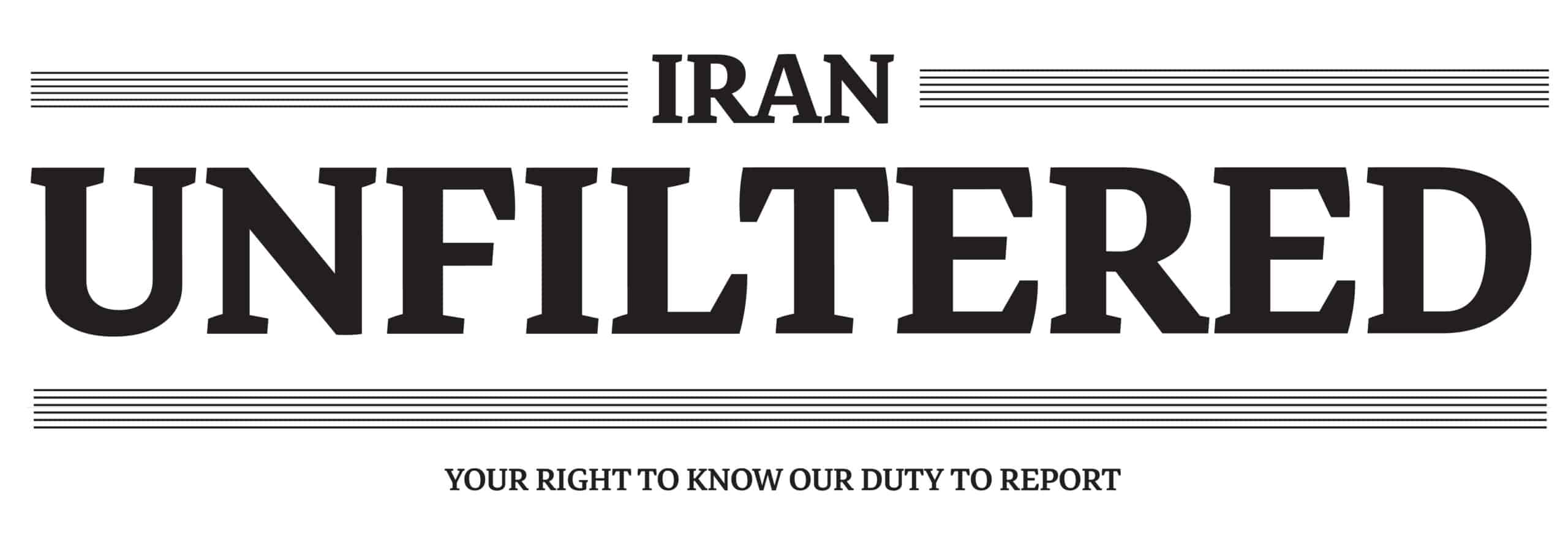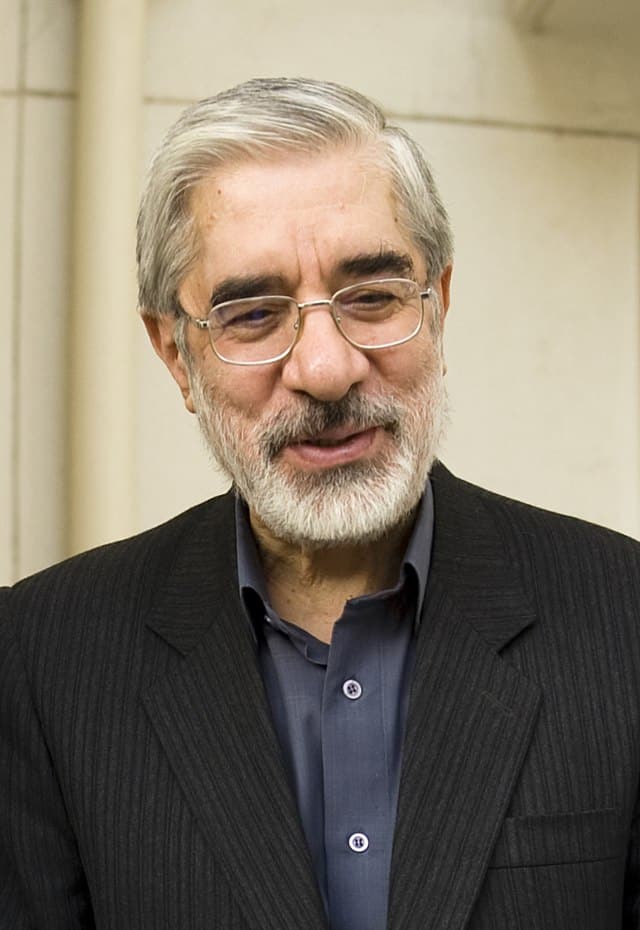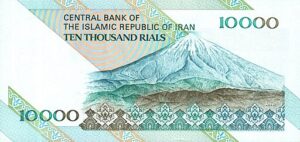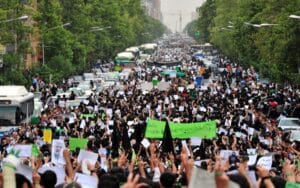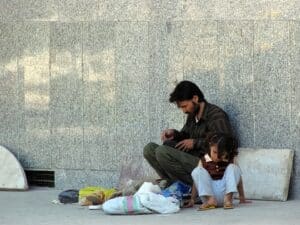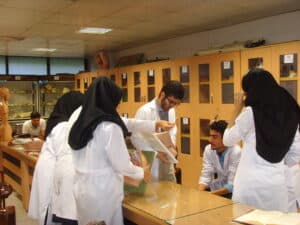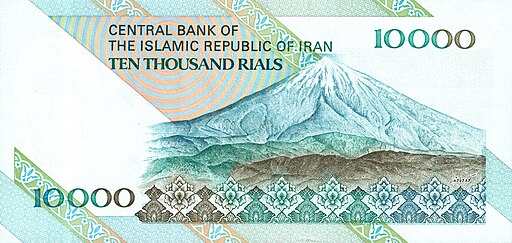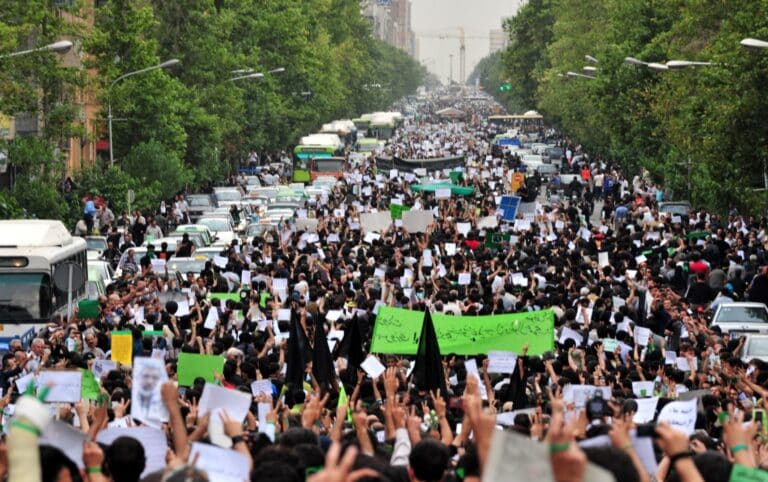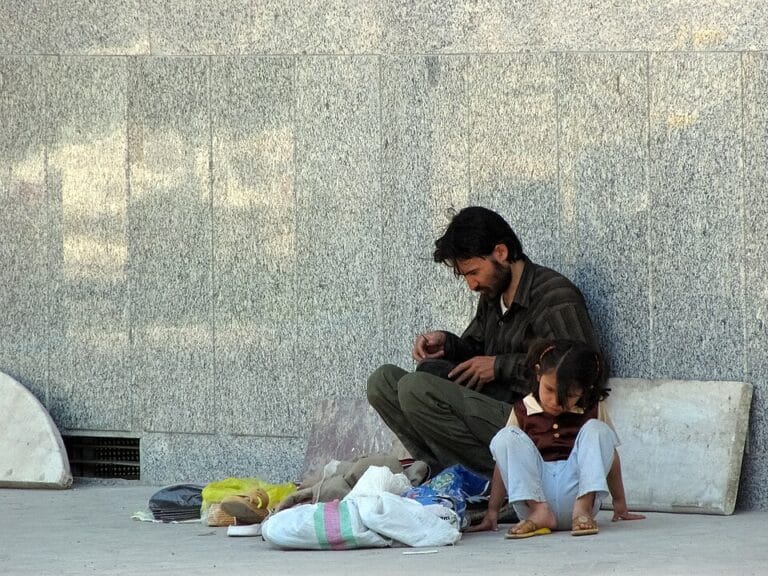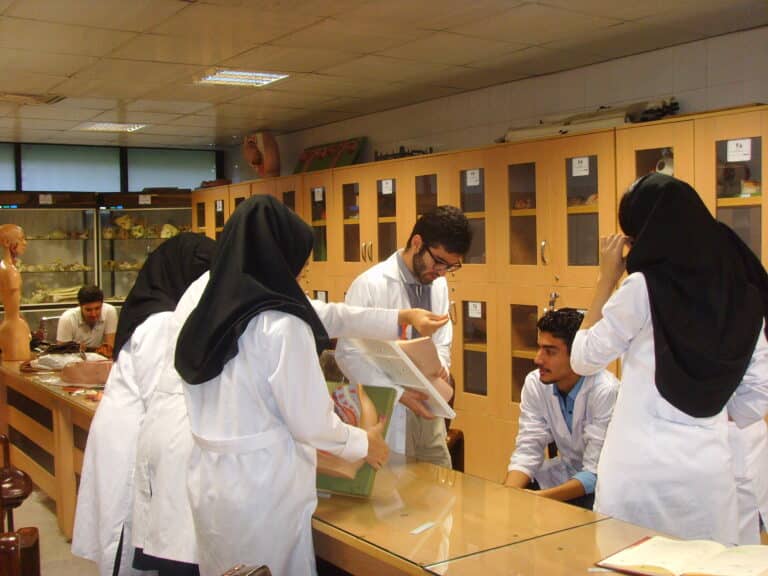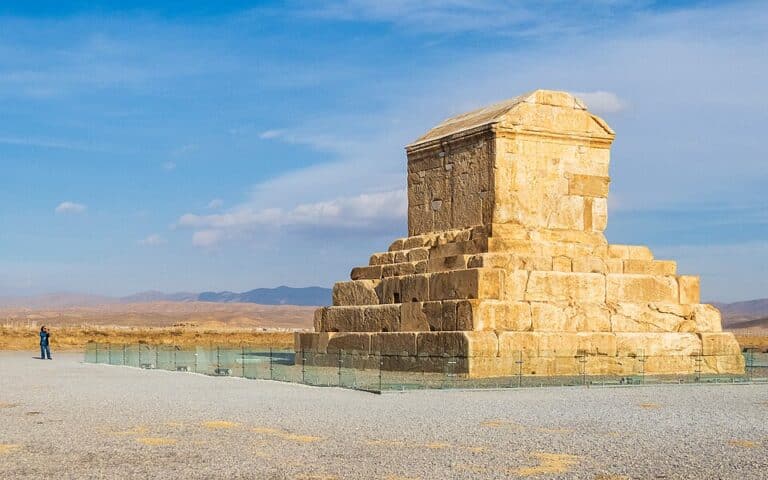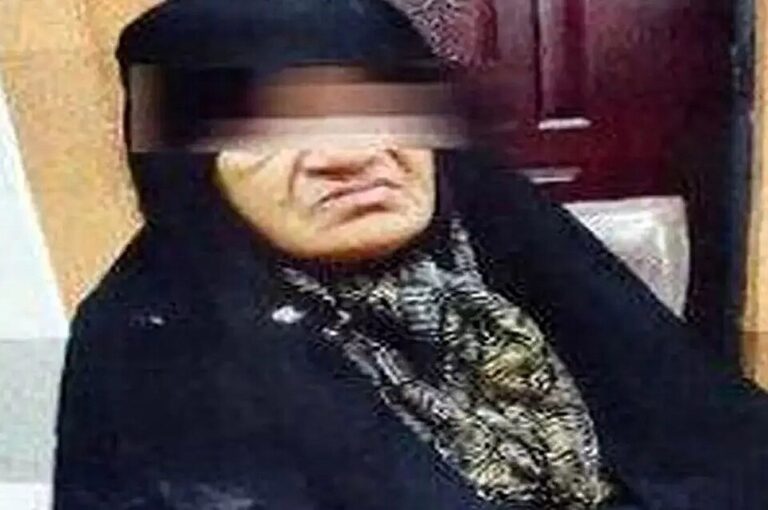Over the past month, two public opinion surveys have demonstrated a severe decline in the Iranian people’s confidence in the authority of the Islamic Republic. The first, an independent survey conducted in August 2024 and analyzed in an article published in August 2025 by the research group GAMAAN, the second, a more recent survey conducted in August 2025 at the initiative of the “New Future” movement by ‘International Polls’. The results of both surveys indicate a growing desire for radical change in the governmental system and a public call for structural reform.
GAMAAN Survey (2024): A Deep Desire to Change the System of Government
The GAMAAN (The Group for Analyzing and Measuring Attitudes in Iran) conducted the first survey a week before Iran’s last elections in June 2024, and republished it in an analytical report in August 2025. This was one of the most extensive surveys conducted among Iranians, with 77,216 respondents from within Iran itself. The survey was administered online, with meticulous demographic adjustments (accounting for age, gender, education, geographical region, and previous political preference), but it should be noted that the sample was non-representative.
Key Findings:
- An absolute majority of respondents, approximately 89%, expressed support for democracy.
- Only about 20% support the continued existence of the Islamic Republic regime.
- 66% opposed religious rule, and 71% opposed military rule.
- Approximately 26% supported a secular republic, 21% a constitutional monarchy, and 11% claimed that the form of government is unimportant – as long as substantial change occurs.
- According to 40% of respondents, the dominant political approach in Iranian society is “overthrowing the regime as a precondition for change,” followed by “structural transformation and transition from the Islamic Republic.” Support for regime change is more prevalent among the young and educated.
Despite the limitations of the online methodology, the survey sheds light on significant underlying trends, particularly the formation of a new political identity among the Iranian public. This political identity strives for democracy and secularism, and seeks to disconnect from the ideological structure of the Islamic Republic.
International Polls Survey (August 2025): Loss of Confidence Even Among Conservatives
About a month and a half after Mir-Hossein Mousavi’s public call for a referendum on a new constitution, a new survey by ‘International Polls’ was published. The survey was conducted between August 16-20, 2025, among a representative sample of 4,320 Iranian residents, with a sampling error of up to 7%. The survey was conducted at the request of the “New Future” movement, associated with the reformist faction.
The survey asked the question: “Can the state’s serious crises be resolved within the current system?”
69% answered “No”
31% answered “Yes”
The loss of confidence in the current system is, surprisingly, reflected even within the conservative movement, which traditionally supports the regime; approximately 55% of the respondents affiliated with the conservative camp said they do not believe in the regime’s ability to deal with existing crises. This represents a significant fracture within one of the regime’s traditional power bases.
The survey also indicates a trend of strengthening support for Mir-Hossein Mousavi’s call for a referendum on a new constitution and comprehensive reforms. In a previous International Polls survey from July 2025, 62% of respondents expressed support for these initiatives, and current findings show a further upward trend. This occurs against the backdrop of active public discourse, as well as sharp criticism by former President Hassan Rouhani of military involvement in the economy and his call for a new national strategy based on the people’s will.
Different Methodology, Unified Message
Despite differences in methodology and timeframe, the two surveys complement each other: the GAMAAN survey demonstrates cultural and ideological trends – rejection of religious rule and support for secular and democratic systems. The International Polls survey indicates a lack of confidence in the regime’s ability to function, even within the conservative faction itself. The regime, it appears, is increasingly losing its grip even among its primary source of support.
Iran’s regime faces a major challenge: the people, including many of their traditional supporters, are signaling in new and clear ways that they want change. The big question remains open – will the establishment choose the path of dialogue and constitutional renewal, or will it respond with suppression and fortification of existing institutions? Either way, Iran’s political system is entering an era where the regime can no longer ignore public sentiment. The question is not whether an eruption will occur, but when and in what form.
Photograph: Hamed Saber, Wikimedia Commons
